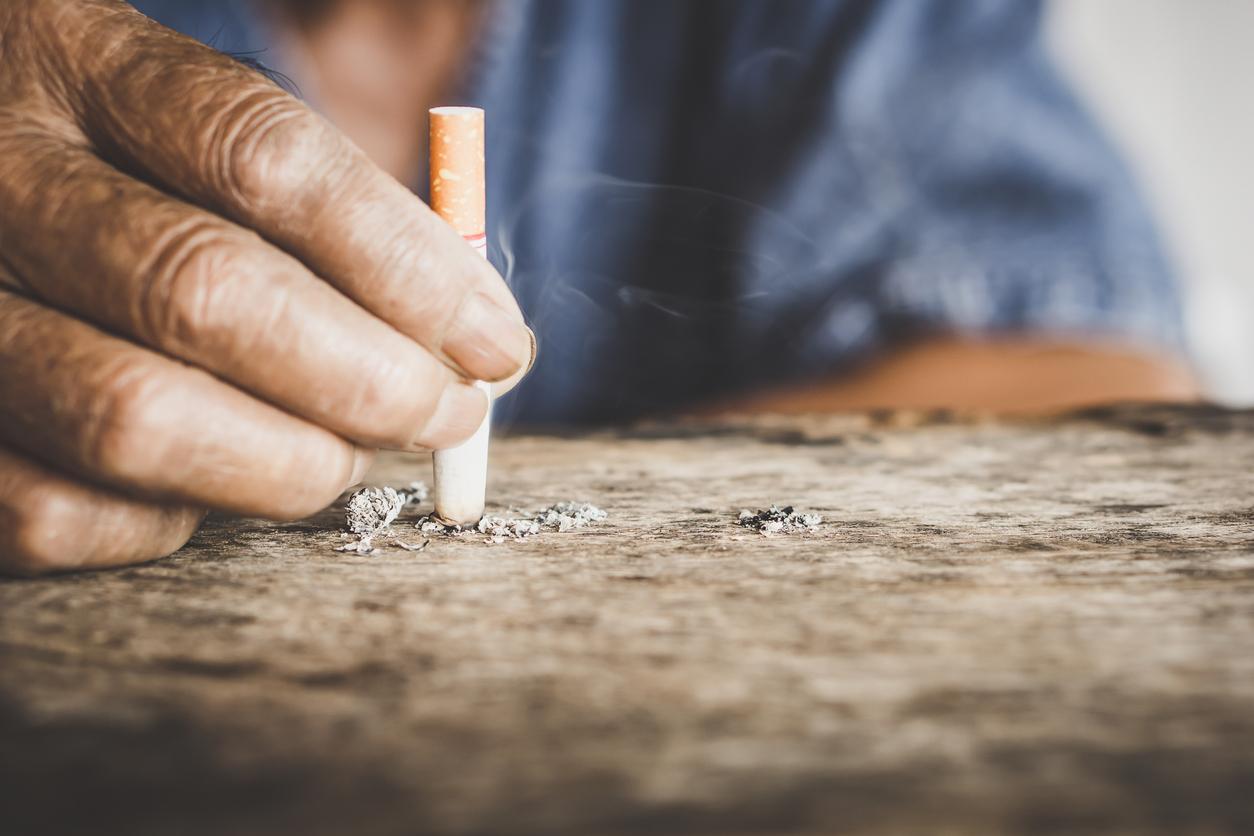Adopting good eating habits from an early age can have an impact on long-term life expectancy. What is this longevity diet? Explanations.

- Fermented dairy products, such as yogurt, are highly recommended because they contain good bacteria for our microbiota.
- In the longevity diet, it is recommended to limit protein intake to 0.68-0.80 grams per kilogram of body weight per day, which is 47-56 g of protein per day for a 70-kilogram person. .
- Overweight people are also advised to eat only two meals a day and two low-sugar snacks.
It promises you to live to 110 or 120 years in good health… Valter Longo, gerontologist and professor of biology specializing in cell biology and genetics, has conceptualized a longevity diet that increases life expectancy. Of course, even though these eating habits were designed for older people, Valter Longo recommends starting them at an early age.
What are the foods in the longevity diet?
Favorite foods to make full of vitamins, minerals, fiber and antioxidants – while being low in saturated fat and salt – are vegetables, fruits, nuts, beans, olive oil and seafood low in mercury such as anchovies. When it comes to breads, pastas and rice, Valter Longo recommends choosing “whole” ones, as they are generally higher in fiber.
Avoid meat and cow’s milk
To develop this diet, the biologist relied on scientific research, clinical trials, on what he was able to observe with centenarians all over the world, but also by comparing our diet to that of our ancestors.
Currently, we eat a lot of meat or products made from cow’s milk, which the biologist considers unhealthy when consumed every week. He believes that it should be eaten exceptionally and, if possible, replace cow’s milk with goat’s or sheep’s milk, which would be healthier. Other foods to avoid: those high in processed sugar and saturated fat. Exit, therefore, ready meals or industrial cakes.
Fasting to Live Longer
Still comparing the current diet with that of the past, Valter Longo realized that our ancestors often fasted while we now adopt a constant diet. Thus, the biologist recommends doing intermittent fasts, that is to say, alternating periods of fasting and periods of normal eating.
For this there are different options. The first is not to eat at all for 24 hours, once or twice a week. Another method, called 16/8, consists of resting for 16 hours without eating and eating meals spread over an 8-hour period. Finally, the so-called 5/2 in which you have to limit yourself to 500 or 600 calories over two days of the week and eat normally the rest of the week.
No matter which fast you choose, it has been proven to prevent the development of diabetes, obesity and heart disease. Thus, in the dietary recommendations with these periods of fasting, you put more chances on your side to become a centenarian!

















